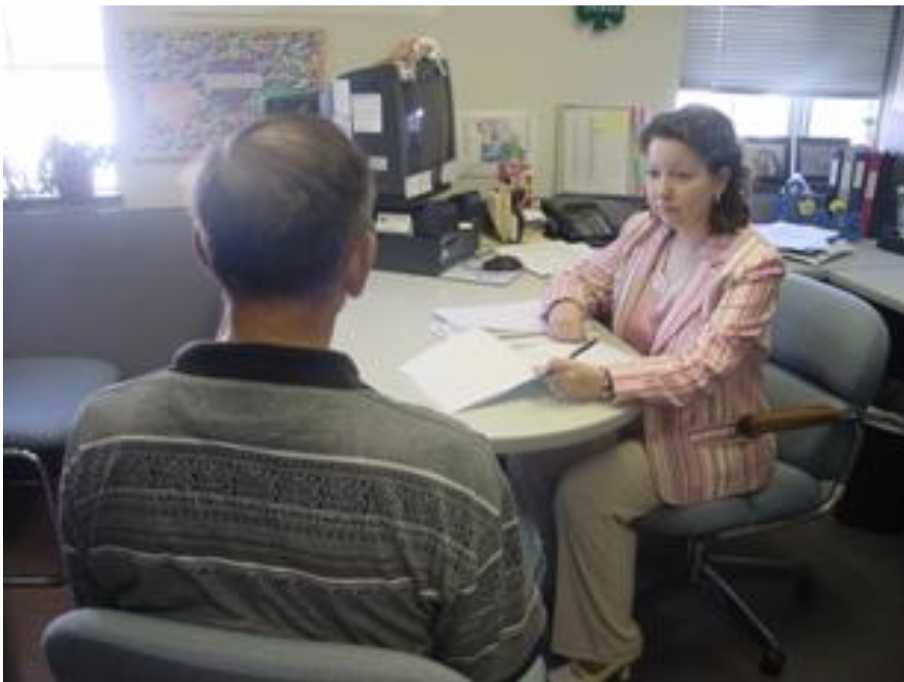This sponsored column is by Law Office of James Montana PLLC. All questions about it should be directed to James Montana, Esq., Janice Chen, Esq., and Austen Soare, Esq., practicing attorneys at The Law Office of James Montana PLLC, an immigration-focused law firm located in Falls Church, Virginia. The legal information given here is general in nature. If you want legal advice, contact us for an appointment.
According to a WSJ (paywalled) scoop this week, and as widely reported in other (non-paywalled) sources, the Biden Administration is weighing a major immigration move: granting a rare form of relief called “Parole in Place” to spouses of U.S. citizens. Our job, as your friendly local immigration lawyers, is to explain what this would mean and how it would work in practice.

First, we have to draw out a basic distinction. U.S. immigration law treats non-citizens quite differently depending on how they came to the United States. To simplify things enormously: if you came through the airport, you’re much better off than if you crossed the border.
If you came through the airport, and you subsequently marry a U.S. citizen, you can apply for a green card based on that marriage.
If you cross the border, and you subsequently marry a U.S. citizen, you can’t apply for a green card directly. (You can, under some circumstance, put into motion a half-decade long process through which you might be able to get a green card after many legal bills get paid and after you make a return trip to your country of origin for a cuticle-chomping interview at the U.S. Embassy, but that procedure is outside the scope of this explainer.)
The Biden Administration is proposing to use a procedure called ‘parole in place’ to eliminate that distinction. This benefit, currently only available to spouses of U.S. military service members, would be extended to the civilian population. “Parole, ”which, here, means “permission to enter the United States” would be granted to spouses of U.S. citizens, and it would be granted in place, meaning that it would be granted inside the U.S. rather than, as is currently standard, as a means by which to re-enter the U.S. after departing.
By this legal legerdemain, the Administration would thereby convert a large population of unauthorized migrants from green card-ineligble to green card-eligible.
Now, how would this work in practice?
The first question is whether it would work at all. We would expect an immediate effort to have such a policy enjoined. That effort might well succeed, given the federal courts’ notable (albeit limited) skepticism of administrative action of this kind in the immigration field.
If Parole in Place survives legal challenges, we expect that it would require an application, just like DACA, with associated fees both for attorneys and for USCIS itself. (Importantly, applying for Parole in Place would not get you a green card – it would simply put you in the same position as someone who overstayed a visitor visa.) Parole in Place recipients would then qualify – or not! – for a green card based on marriage, just like those who came to the United States with visas currently do.
As always, we welcome your comments and will do our best to respond.


